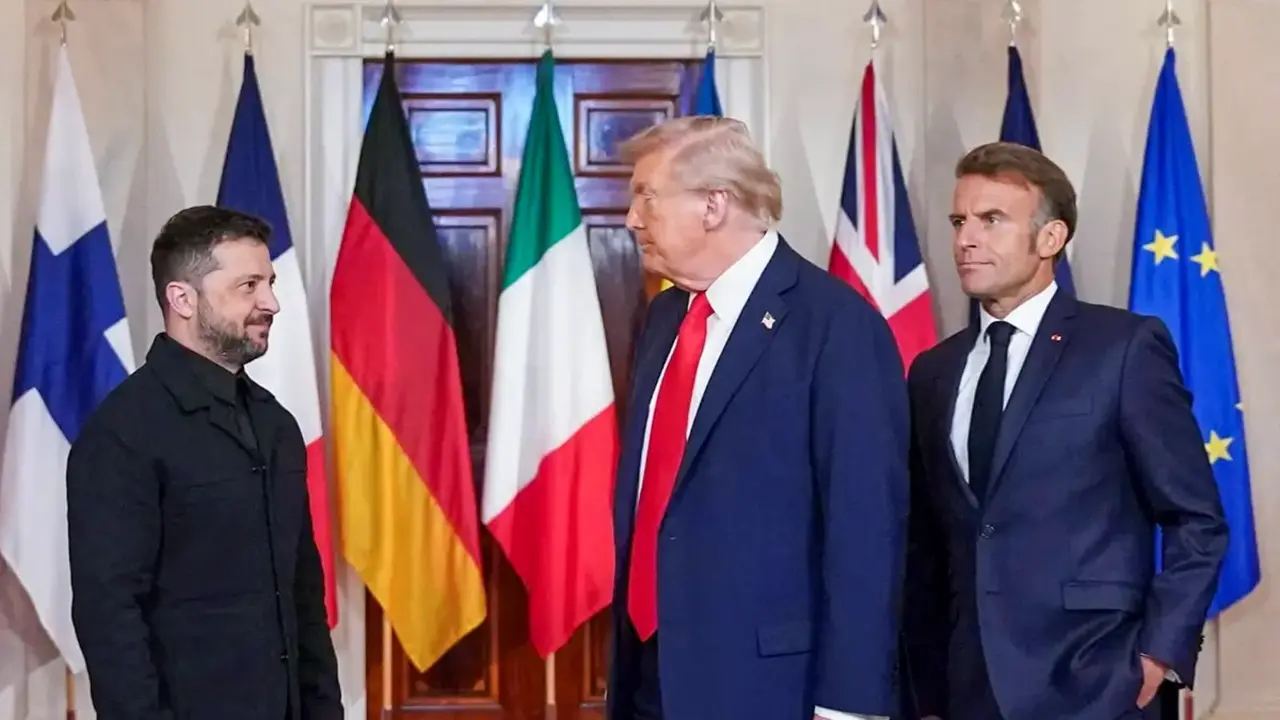EU sanctions Russian-backed mercenary group

The Council of EU foreign ministers in Brussels on Monday approved sanctions against a Russian-linked mercenary group. The so-called Wagner group may have been committing torture and executions in conflict zones such as Libya, Syria, Ukraine, Mali and the Central African Republic. The fact that they are active in the Sahel area has been a determining factor in their being declared a threat to the EU.
The EU's High Representative for Foreign Policy, Josep Borrell, has insisted that the group is a threat because of serious human rights abuses. "The Wagner Group has recruited, trained and sent private military operatives into conflict zones around the world to fuel violence, plunder natural resources and intimidate civilians in violation of international law, including international human rights law," Borrell said in a statement.
These sanctions are aimed at the group itself, eight individuals and three entities that will be banned from travelling to the European Union, in addition to freezing their assets in member countries. These individuals are allegedly involved in "serious human rights abuses, including torture and executions, and extrajudicial, summary or arbitrary killings".

France's foreign minister, Jean-Yves Le Drian, has reiterated the seriousness of this mercenary group acting with Russian backing. "There is this company that wages war for third parties with complete irresponsibility, because theoretically it does not depend on the state, they hide behind this name of a private company, with complete irresponsibility and also with complete impunity because it declares itself a mercenary company," added Le Drian.
At the moment, the area in which the Wagner group is most likely to have been active is Mali. Mali is currently undergoing a transition process, and the fact that its government is negotiating with this Russian paramilitary company could "obstruct" the country's political transition.
This is something EU ministers have expressed concern about. "We agreed to establish a framework for restrictive measures that will allow us to adopt sanctions against those who obstruct the transition," said Josep Borrell at a press conference after the meeting.

All this comes at a time of tension between the European Union and Russia over the conflict in the Ukrainian border region. At the Council meeting on Monday, Josep Borrell said that sanctions against Russia over Russia's military advance on the Ukrainian border are being considered. "We are in a deterrence mode to avoid a crisis starting, but we will send a clear signal that any aggression against Ukraine will have a high cost for Russia if it happens. But we are now trying to do our utmost to prevent this from happening," Borrell said.
This conflict with Ukraine and the Wagner group's actions in conflict zones has increased tensions between Russia and the EU, raising the prospect of greater action being taken in response to Russia's political actions.








